Huawei's artificial intelligence (AI) research arm has denied allegations that a version of its Pangu Pro large language model copied elements from an Alibaba model, insisting that the model was developed and trained independently.
The division, called Noah Ark Lab, made the announcement late last week after an entity called HonestAGI posted an English-language paper on the source code sharing platform Github, saying that Huawei's Pangu Pro Moe (Mixture of Experts) model had "unusual correlation" with Alibaba's Qwen 2.5 14B model.
The article argues that this shows that Huawei's model was created through “upcycling” and not trained from scratch.
The above information has caused widespread discussions in the AI community and in Chinese media.
In a statement, Noah Ark Lab said the model “does not rely on additional training from other manufacturers’ models.”
They claim to have made significant innovations in architectural design and technical features, saying this is the first large-scale model built entirely on Huawei's Ascend chips.
The division also said its development team strictly adhered to open source licensing requirements for any third-party code used, but did not specify what open source models they consulted.
The launch of the open-source R1 model by startup DeepSeek in January 2025 shocked Silicon Valley with its low cost and performance comparable to other expensive models.
At the same time, DeepSeek also sparked fierce competition among Chinese tech giants to develop competitively priced AI products.
Qwen 2.5-14B was released in May 2024, and is one of the small models in Alibaba's Qwen 2.5 series. This model can be deployed on both personal computers (PCs) and smartphones.
While Qwen is aimed at mainstream consumers and has similar services to ChatGPT, Huawei's Pangu models tend to be used more in government operations as well as the financial and manufacturing sectors.
While Huawei was an early entrant into the big language modeling game with the initial launch of Pangu in 2021, it has since reportedly fallen behind its rivals.
Huawei open sourced its Pangu Pro Moe models on Chinese developer platform GitCode in late June.
The goal is to promote the adoption of Huawei's AI technology by providing free access to these models to developers./.
Source: https://www.vietnamplus.vn/huawei-phu-nhan-sao-chep-mo-hinh-ai-cua-alibaba-post1048537.vnp




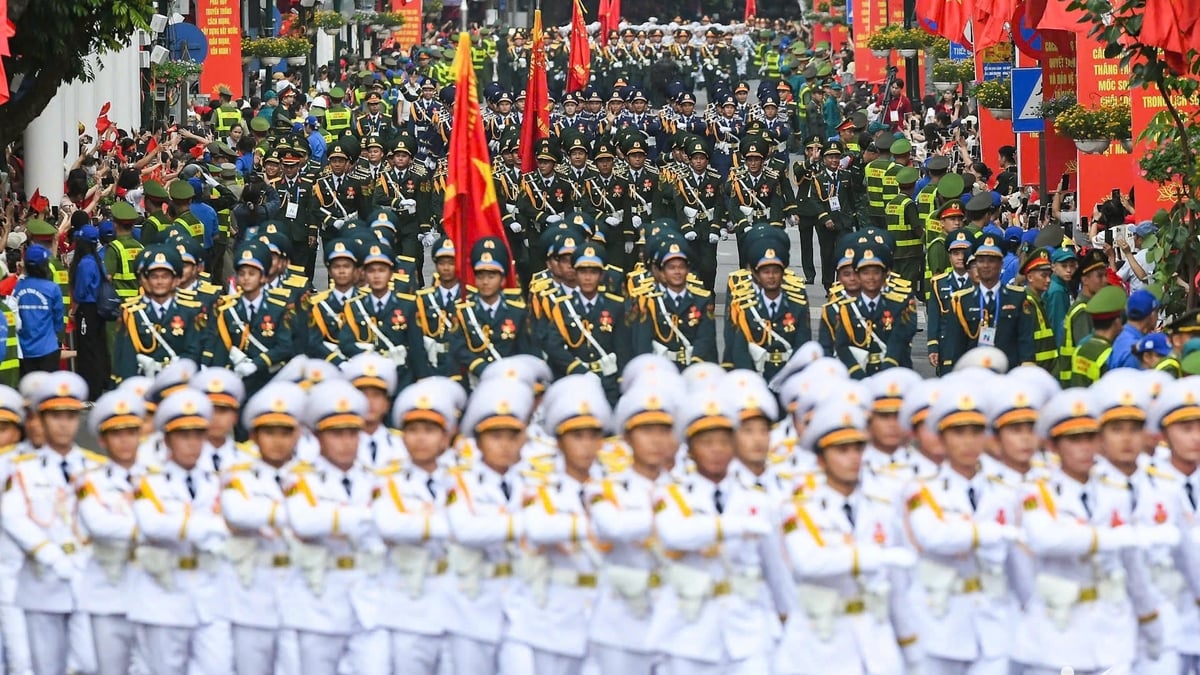
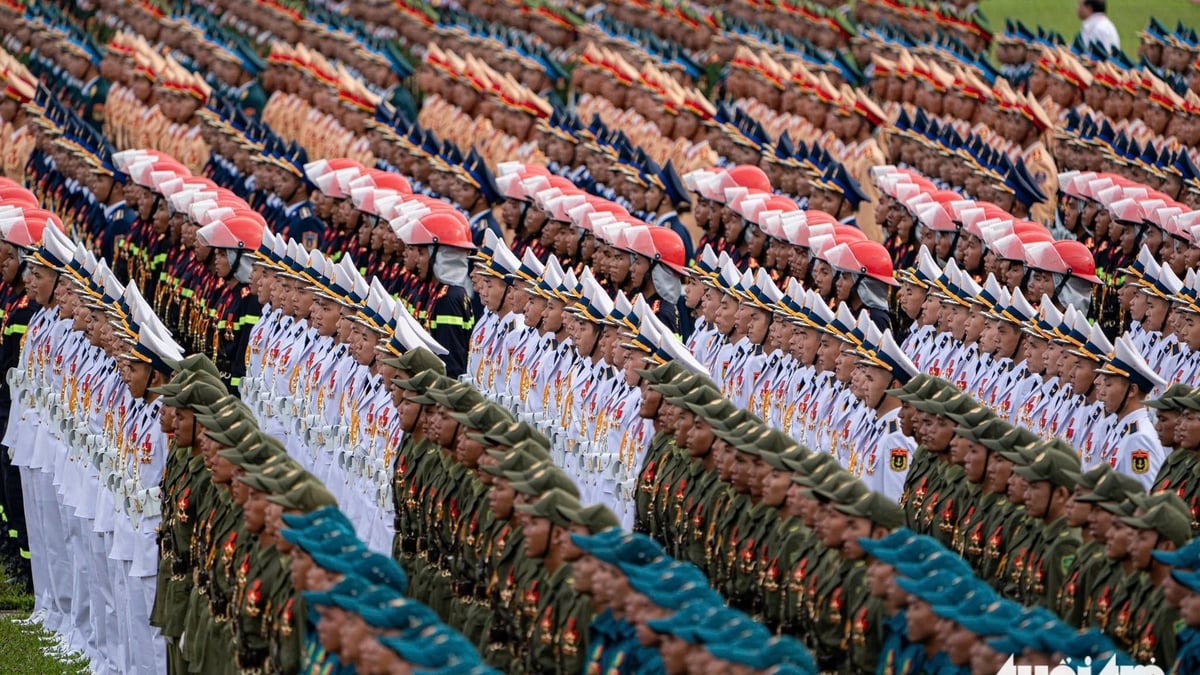

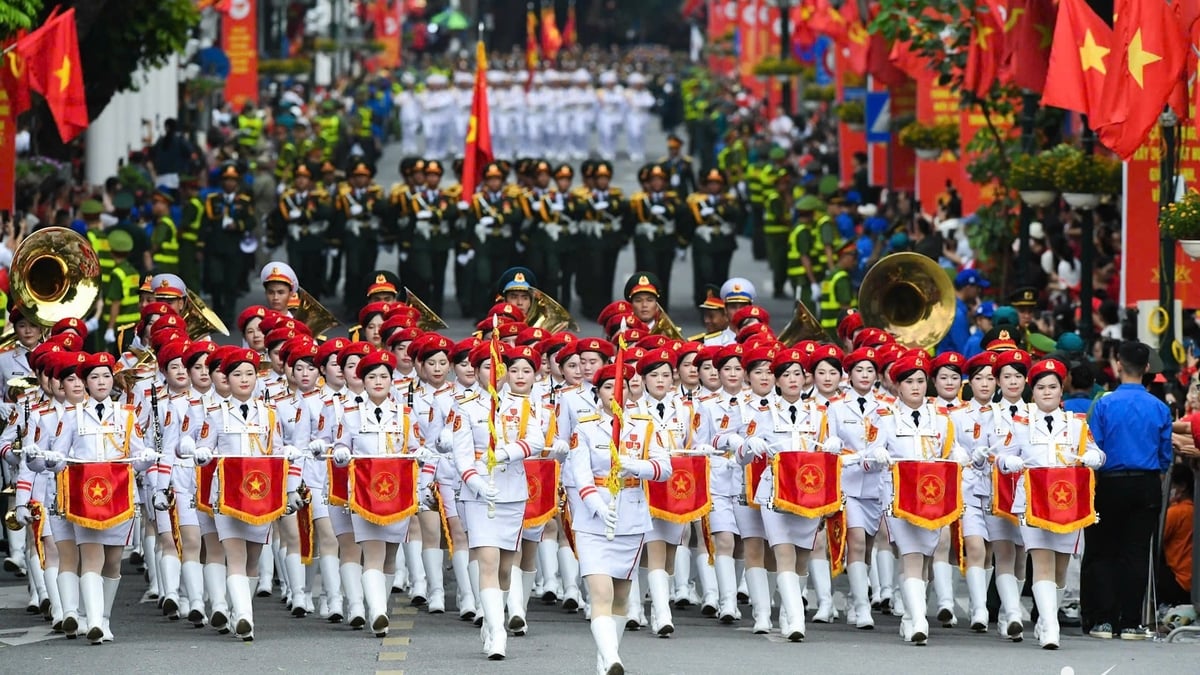
![[Photo] People eagerly lined up to receive special publications of Nhan Dan Newspaper](https://vphoto.vietnam.vn/thumb/1200x675/vietnam/resource/IMAGE/2025/8/30/53437c4c70834dacab351b96e943ec5c)
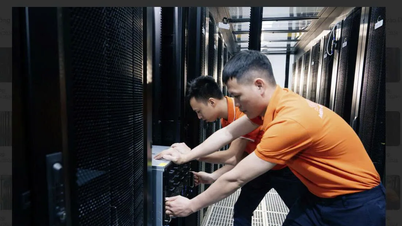



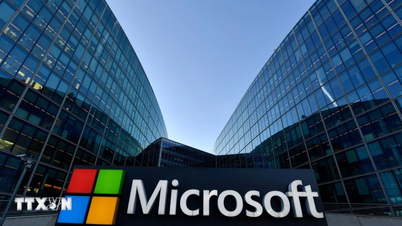




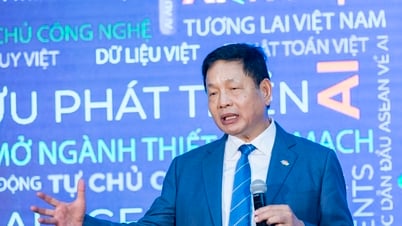






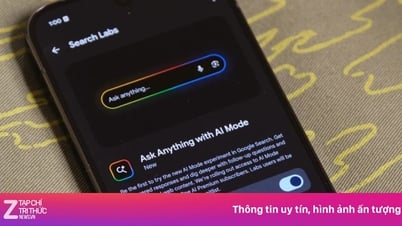








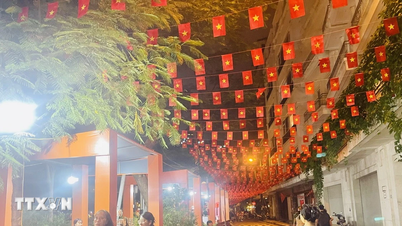




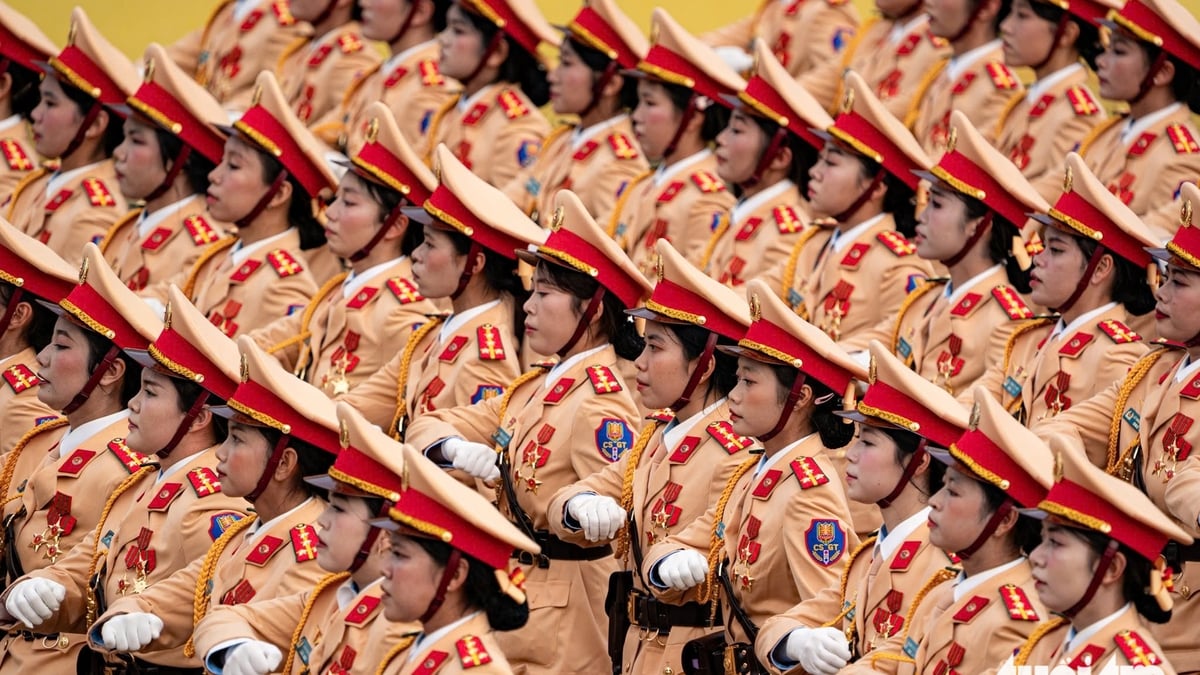














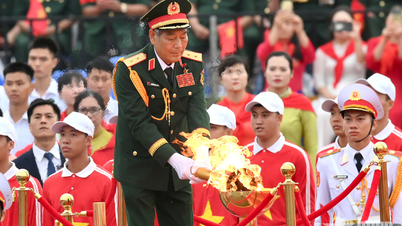


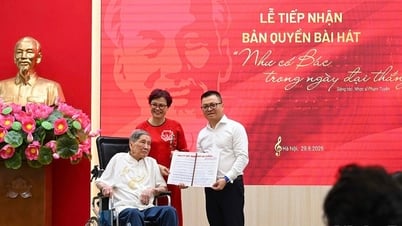
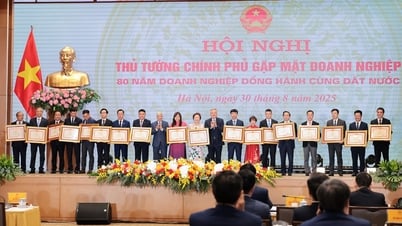










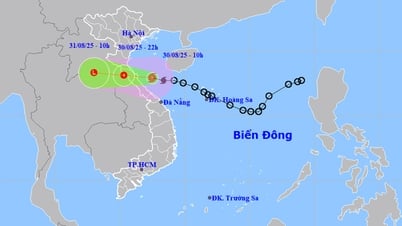



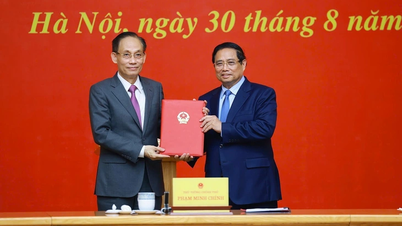






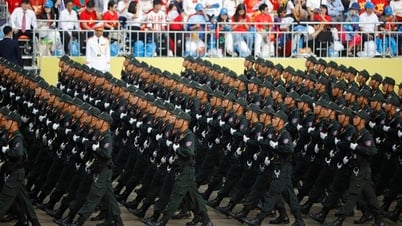


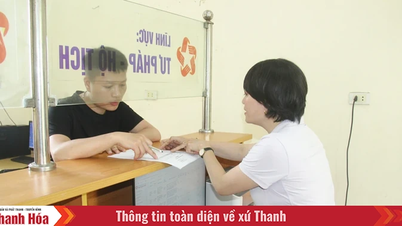






















Comment (0)